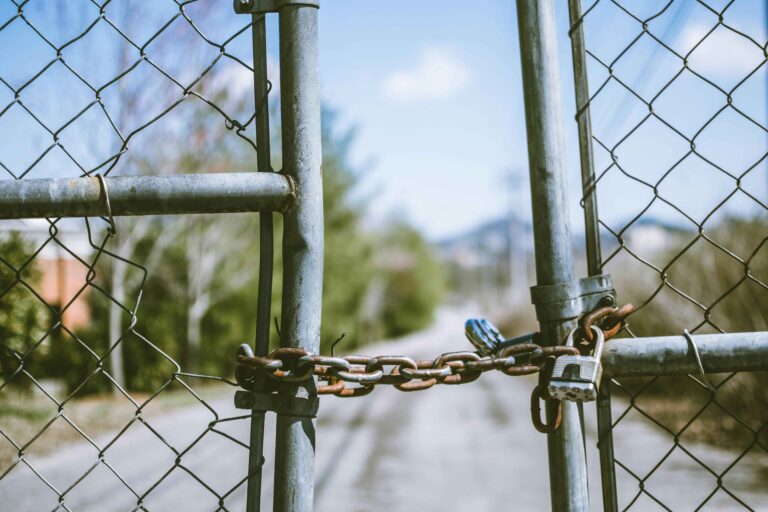A court injunction is used to compel someone not to do, or to do, a specific act. It is usually related to domestic violence and abuse, and injunctions are there to protect the person and/or their children being abused, intimidated or harassed. The application requires a statement from the applicant and details of any police, Social Services or domestic violence agency involvement .
Part IV of the Family Law Act 1996 provides two options for injunctive relief in relation to domestic violence:
- an occupation order
- a non-molestation order
The first regulates who can live in the family home (or certains rooms/areas within the family home), it can also restrict your former partner from entering the surrounding area where your home is. The second is there to prevent harassing, violent, threatening or intimidating behaviour. If you are seeking a court injunction then you will sometimes need urgent advice. Simply.Law recognises this and is on hand to put you in contact as soon as possible with an experienced family law lawyer who can help you.
Are there restrictions on who can apply for a court injunction?
To be entitled to a Domestic Violence Injunction you must be what is termed ‘an associated person’. This is very much as it sounds:
- An agreement has been made that you will marry (even if it no longer applies)
- You have been, or are, married to each other
- There are children, or a child, from the relationship
- You have co-habited together, been in a civil partnership or simply lived in the same household
How long will a court injunction last for?
An injunction can be set to run for a certain period of time, e.g. six months. Non-molestation orders can be extended indefinitely, but there are restrictions on occupation orders depending on your rights to the property. Whatever your circumstances, Simply.Law member family law solicitors will be there to give you the advice you need.
How will I evidence my need for a court injunction?
Very simply. You just need to make an affidavit (sworn statement) to the court, which explains the reasons why you are seeking a court injunction. It makes no difference whether these are emotional or physical reasons. The law takes a dim view of bullying behaviour, whoever it ends up hurting. Your application will be helped if you are able to include details of police incident reports, crime numbers, medical records, interventions by social services and/or domestic violence agencies.
Court injunctions are there for the protection of the individual. If you are considering applying for one then contact Simply.Law straight away. We guarantee that our member lawyers will handle your case sensitively and discreetly. The principle of injunctive relief is about engaging with the law so that it can provide you with the protection that you need.

